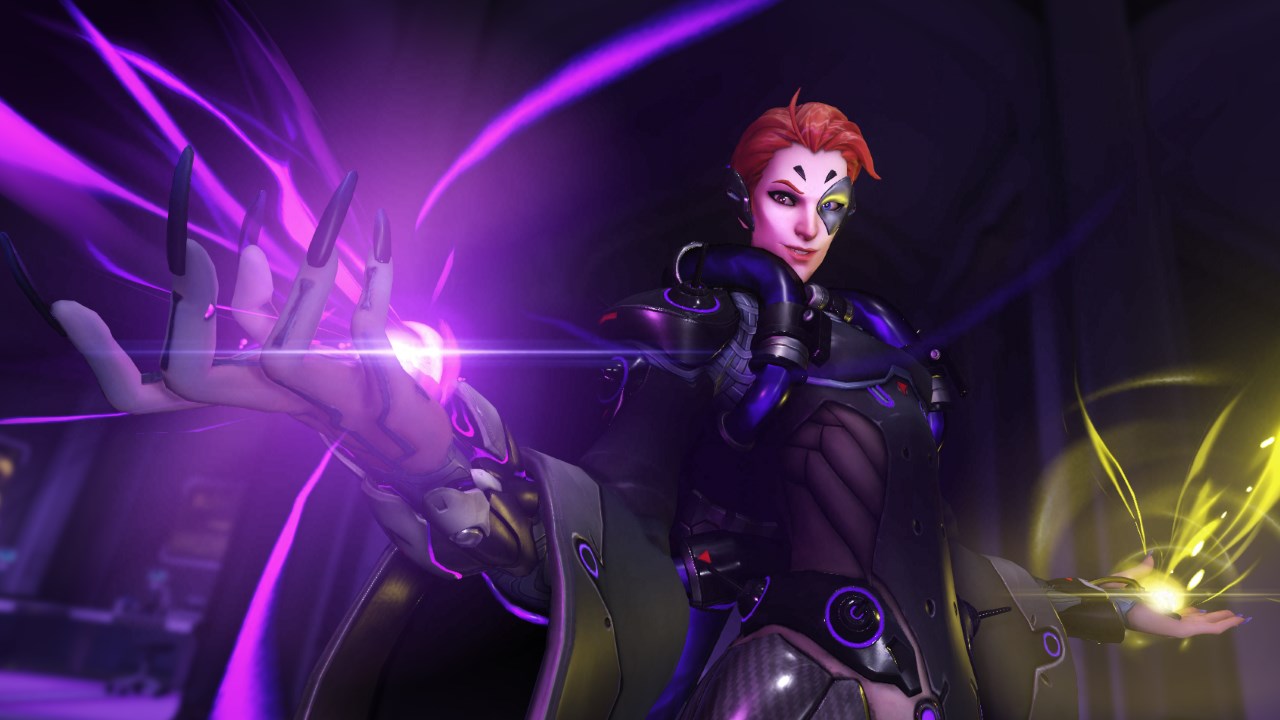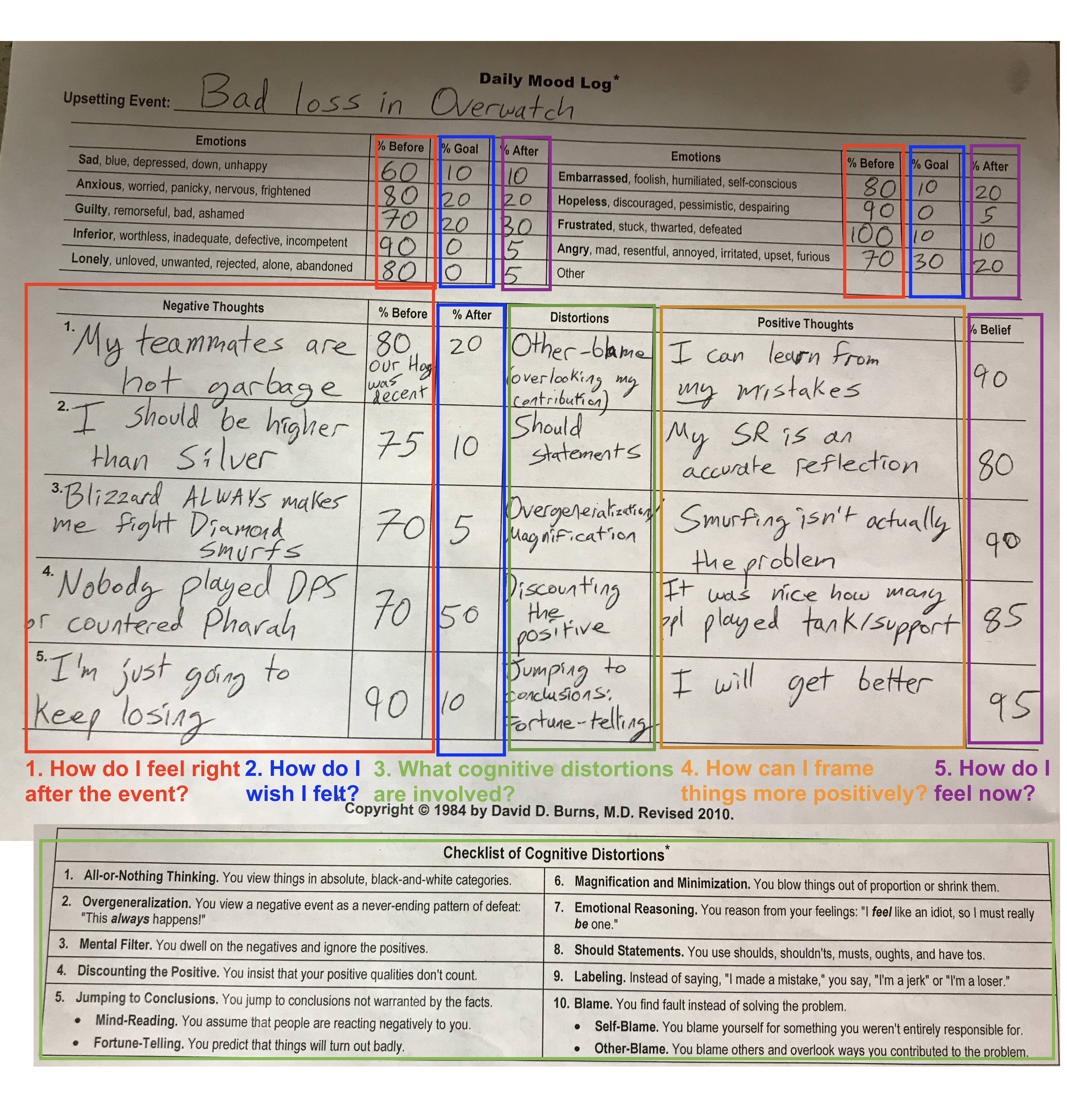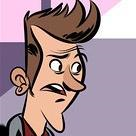
U mad bro? It's one of the oldest taunts in the history of the internet, a cynical smirk that someone was upset - often, over a video game. But for Overwatch player and Reddit user SirBenny, it was true. He was mad. But now he says he feels better, and other players are feeling inspired, following in his footsteps. So what changed? Turns out SirBenny got a little help from his significant other.
"My wife is a therapist," SirBenny wrote on r/Overwatch. "After I kept complaining about Overwatch losses, she made me fill out this worksheet."

The worksheet, also known as a daily mood log, employs a system developed by Professor David D. Burns, who studies the field of cognitive behavioral therapy (CBT) at Stanford. The log helps patients by having them write down the negative thoughts and emotions caused by an upsetting event (in this case, losing in Overwatch), analyzing the distorted thinking patterns that led to or reinforce those reactions, and presenting positive alternatives to counteract the negatives.
So, in SirBenny's case, after a loss he might think things like "I should be higher than Silver." As shown on his worksheet, this is a cognitive distortion known as a Should Statement. But, if he focuses on the positive thought he's written down - "My SR is an accurate reflection" - the strength of the negative thoughts and emotions go down while the strength of positive thoughts go up.
My personal favorite? The negative thought described as "My teammates are hot garbage," with a teensy little note to the side that reads, "Our Hog was decent." You can almost hear the begrudging admiration when you read it out loud.
Passing it on
But that's not the end of the story. After reading through SirBenny's sheet, other players asked if they could have a blank version to fill out themselves. Fellow players started sharing encouragement and tips for getting better in the game, or for improving mental health outside of it.
"Hey thanks for posting this OP, reading those cognative (sic) distortions really hit home for me, i do almost all of those in games, not sure how to fix it but i feel better knowing that its human problem, rather than my brain being a scrambled mess," wrote _Stix_.
Sign up to the GamesRadar+ Newsletter
Weekly digests, tales from the communities you love, and more
"Our brains are really cool and efficient, but often times they can be so efficient that they cut corners and stick with these black and white statements that can make us feel pretty bad. Good news is that you can look at something like 'I'm an absolute failure,' and come up with a more realistic thought instead, like... 'Wow, I may suck at overwatch today... but I did pretty good on my test this week and there are other things I'm good at too.' Another thing that takes time and practice (especially with how frustrating solo queue can be), but can be done," said g1mw, who says they're also training to enter the field of clinical psychology.
Now, it should be said that if you struggle with anger or negative thoughts and emotions, this worksheet is not a cure. It's a tool, best used in conjunction with a therapist trained in CBT techniques. Still, it's a great first step to take if you've ever raged at a game and then been disappointed with how you acted. Heaven knows I've certainly gotten way too angry playing PvP games or even just a particularly frustrating level/boss fight.
So thanks for sharing, SirBenny. And kudos to you, Overwatch community, for striving to counter the toxicity that can too often be present not only in our hobby, but ourselves.
Get the best games and entertainment news, reviews, tips and offers delivered to your inbox every week by signing up to the GamesRadar+ newsletter today.
Sam is a former News Editor here at GamesRadar. His expert words have appeared on many of the web's well-known gaming sites, including Joystiq, Penny Arcade, Destructoid, and G4 Media, among others. Sam has a serious soft spot for MOBAs, MMOs, and emo music. Forever a farm boy, forever a '90s kid.



